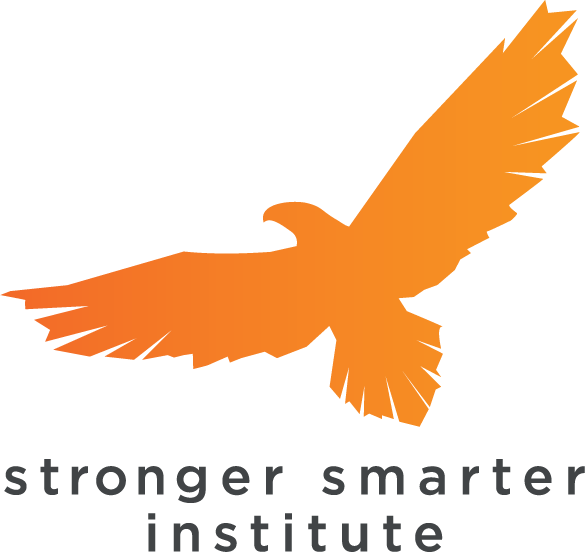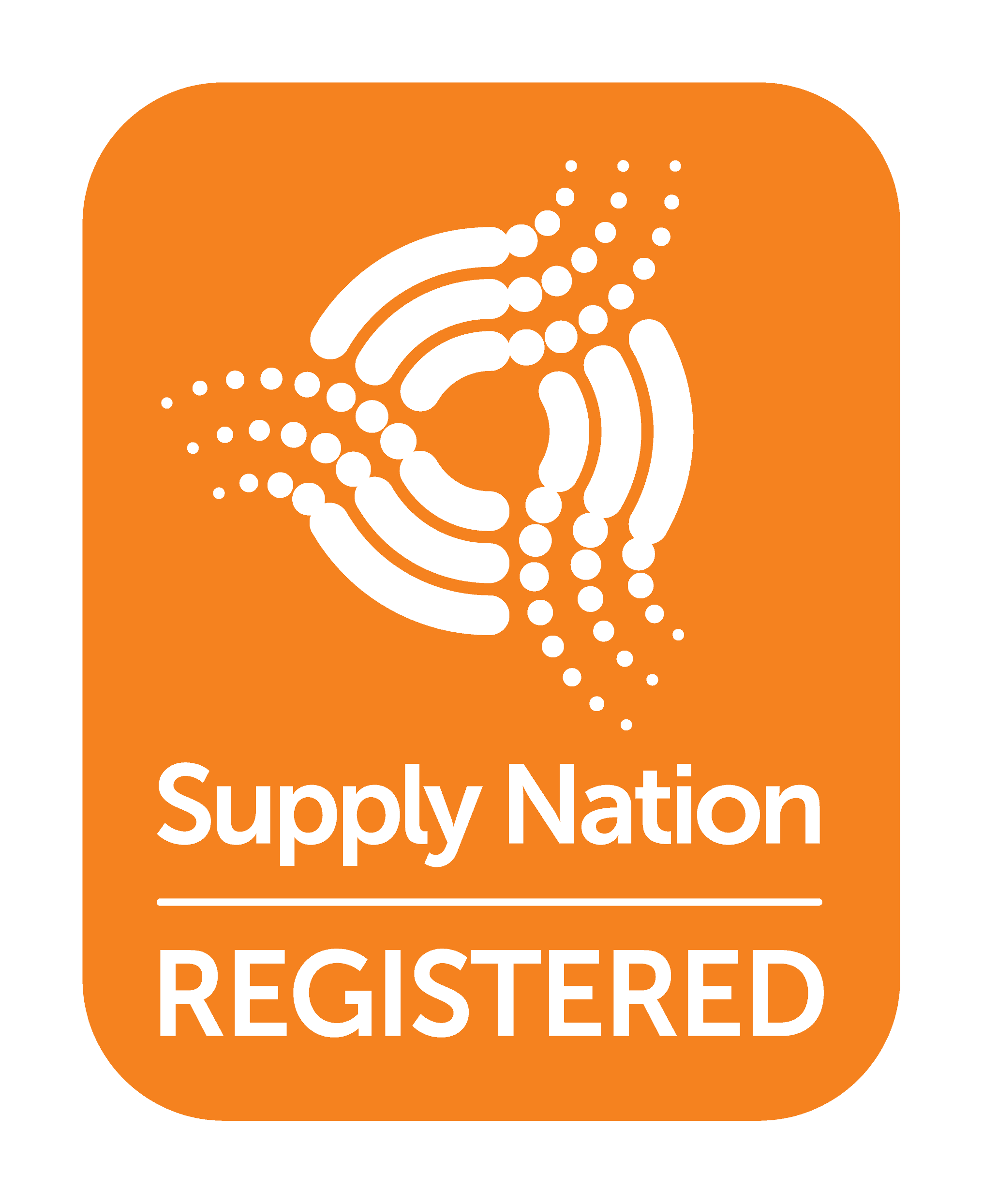08/04/2015
At Swan Hill Primary, we value the relationship between home and school. Research tells us that school is a place for building relationships with the whole family. – Janet Barnard
Swan Hill Primary School, situated on the traditional lands of the Wemba Wemba people on the banks of the Murray River four hours from Melbourne, is a diverse learning hub of 570 students. Approximately 12,000 people live in the township, and the school brings together families from a range of cultural and socio-economic backgrounds. The 60 to 70 Koorie students in the school make up about 14% of the school population.
When Janet Barnard arrived as Principal in 2010, she says the data for these Koorie students was very low. The challenge she saw ahead of her was twofold: to lift expectations around learning amongst the staff, and to foster greater connections between the school and the Koorie parents and community.
Janet attended the Stronger Smarter Leadership Program in 2011. This was the first Victorian program offered for school principals in partnership with the Victorian Government and the Bastow Institute. Janet says fortunately for her, this first program wasn’t full and she was able to take two staff members with her. Now she says, because the word about the Leadership Program has spread in Victoria, the program is inundated.
Challenging staff perceptions and awareness
After attending the Leadership Program, Janet and her two staff members sat down to think about how they should work with the rest of the staff. Janet says they had already been doing some cultural awareness work through local Koorie workers and with their Koorie Education Support Officer (KESO), but they needed to go deeper. “So we came back and did a few things with staff to open their eyes to some of the biases where they were looking through coloured lenses”, she says. They challenged staff expectations and did work around the potential to learn. Janet says they looked at the Koorie data and unpacked what the poor results meant if “you believe that all children can learn”.
Janet continues to use a number of Stronger Smarter approaches with staff. They incorporate check-ins and walk/talk buddies into regular staff meetings. “The staff here are open to learning and I think I’ve been lucky that they’ve come along on my journey with me”, she says. To ensure a whole school approach to adopting Stronger Smarter approaches they went on to send a further nine staff members and two community members to the Stronger Smarter Leadership Program, which means a third of the staff are now trained. Funding from the Next Steps Initiative also helped to put some strategies in place.
Janet also uses strategies from her Stronger Smarter Facilitator Training when she needs them. For instance she says, “I’m coming up to a school review and will be using some Stronger Smarter community yarning circles … I’ll also invite people from the wider community to sit down and have a yarn about what they see are the positives and the challenges… and the solutions… and that is using a lot of my Stronger Smarter facilitator training”.
In the next few years, a challenge for Janet will be in succession planning to “find the champions to keep this work alive”. She hopes that in training so many staff in the Stronger Smarter approach she has selected staff who will be at the school for a long time.
Changing perceptions of the school
Following on from the Stronger Smarter Leadership Program and the Next Steps Initiative, Janet knew she needed to work further with the local community. She had already started to work with parents to break down some of the myths that came with her position. She admits it can be “really hard to work with some of those parents whose children don’t come to school even though they’re within walking distance”. Sometimes she finds that parents have “formed an opinion of me without even getting to know me just because of who I am within the system”. Prior to her appointment at Swan Hill, Janet was working in Katherine in the Northern Territory. While this had helped her understand some of the complexities faced by Aboriginal families, when arriving in Swan Hill she found she needed to break down barriers with the community who thought she would bring Northern Territory “intervention strategies” with her.
Janet says she can understand some of the issues that impact on community perceptions of the school. But she says, “It’s my job to try to bridge the gap.” Keeping close contact with groups who work with the families helps to give her the big picture. The school’s full-time KESO helps Janet to connect with the community and be the bridge between the school and Koorie families.
Janet has challenged her staff to try to see things from the point of view of Koorie parents, particularly where parents may have had a negative experience with their own education. She says talking to one of the school councilors has helped in getting her to think differently. Janet says, “One of the school councillors said to me that even now when she walks through the school gate her heart pounds because it brings back all those memories of her childhood and not being treated so well. And she wasn’t too badly off, so it made me think about others’ perspectives.”
Developing connections with community
When she first arrived at the school, Janet spent time talking to parents so they could get to know her and she could find out more about what they wanted for their kids. In 2012, she set up a Koorie Steering Committee which involved parents and other community members, which she says was “one of the biggest of her challenges”, particularly initially in getting regular attendance. The Steering Committee worked on developing a Koorie classroom. “For me, the challenge was to let go and allow them to have a say and give them a budget,” Janet says. “I had to work alongside them. They chaired meetings… I would speak to the chairperson beforehand and guide them, and the KESO would send out notices and made sure everybody knew about the meetings.” Both the Committee and members from the wider community became involved in painting and decorating the room, and the opening of the room in NAIDOC week proved “a huge success”.
The school has made a focused effort to engage with the Koorie community. A Koorie Elder, who has grandchildren at the school, has sat on the School Council for the last four years. They are proactive in inviting local Elders, artists, footballers, and the Justice Department into the classroom. The school’s Koorie focus in the curriculum in Grades 1, 3 and 5 has moved beyond just a couple of lessons to a whole term of developing cultural awareness. Parents are also involved with the school, and work together with staff to develop activities for NAIDOC week. All Grade 1 students are now learning the revived local Wemba Wemba language, which is taught by a local community Elder. Janet says it took a couple of years to get this language program up and running, but they wanted it to be a partnership with the local community and that involved a lot of discussion and consultation.
Janet hopes that as they break down the barriers with parents and carers, the local community will play a part in holding the school accountable, and making sure they stay on track with their high-expectations.
Improving outcomes for Koorie kids
Janet says “We’ve done a lot in the last 4 or 5 years and I think that’s mainly due to the Stronger Smarter Leadership Program”. They continue with the rituals across the school that they established for check ins and check outs in every classroom. Janet says this has helped to change the school culture. They are still meeting the high expectations they set for attendance and academic outcomes as part of the Next Steps Initiative. With a third of the staff trained in the Stronger Smarter approach, Janet says this perspective has filtered throughout the school. “We’ve got a third of the staff saying we need to lift our expectations … and it’s had a real effect on the number of behaviour incidents across the school, not just Koorie kids,” she says.
Janet has met one-on-one with her teachers to discuss what they know about their kids and the routines they have in place. She says it is the classroom teacher who needs to build relationships with parents. Personal Learning Plans (PLPs) help in developing these relationships, and the school places an emphasis on making sure they meet individually with all parents, releasing staff to meet in a park or at home if the parents can’t get into the school. “Because we’ve started to put more emphasis on building High-Expectations Relationships here, there are more Koorie parents who will come into the school for different occasions”, Janet says. “For assembly the other week we had four Koorie parents come in because their child got a student of the week award.”
Good attendance is acknowledged with certificates at end of term celebration nights. On average, the school has seen a 10% increase in general attendance levels of Koorie students since 2010. Where before there were only a few certificates awarded for attendance to Koorie students, now there are 30 to 40. Gold medals (representing 98-100% attendance) are now being handed out to 20 students – not 2 or 3.
Janet believes the school’s focus on the Koorie community has contributed to the academic growth of the school’s Koorie students, many of whom showed greater progress over the 2012-2013 period than the mainstream students. “The growth of Koorie kids has been substantial because we opened our staff’s eyes to what they didn’t see and what they didn’t know, so that’s been a huge success there,” Janet says. “When you see kids’ marks go up and they’re at school and they’re enjoying what’s happening in the playground and they have friends… it’s really inspiring to keep going.”
A personal journey
Janet’s personal journey indicates a passionate drive to “expect everyone to be given the best chance that they can”. She says, “As I’ve grown in my Principalship, I like to question. I want to know why children aren’t growing.” Sometimes that means having a challenging conversation with parents and carers, but “it’s the conversation that needs to be had”. Janet says it’s all about building the relationship and the rapport, but recognises that it’s a long process. “You can’t expect change overnight,” she says.
In 2013, Janet’s work with the Koorie community was recognised when she won the Victorian Teacher of the Year Award for Indigenous Education.[1] This allowed her to attend a conference in New Zealand and visit schools on the east coast of Australia to gather ideas and compare programs.
Janet says the Stronger Smarter approach for High-Expectations Relationships has “validated some of those challenging conversations that I’ve had with parents over the years… you’re the parent… you have to get them to school, but how can I help you… and let’s do it together. That’s been my philosophy all along. Let’s do it together, let’s do it as a partnership. But let’s have high expectations and accountability for us both.”
[1] http://www.education.vic.gov.au/about/awards/Pages/veeaswanhill.aspx




